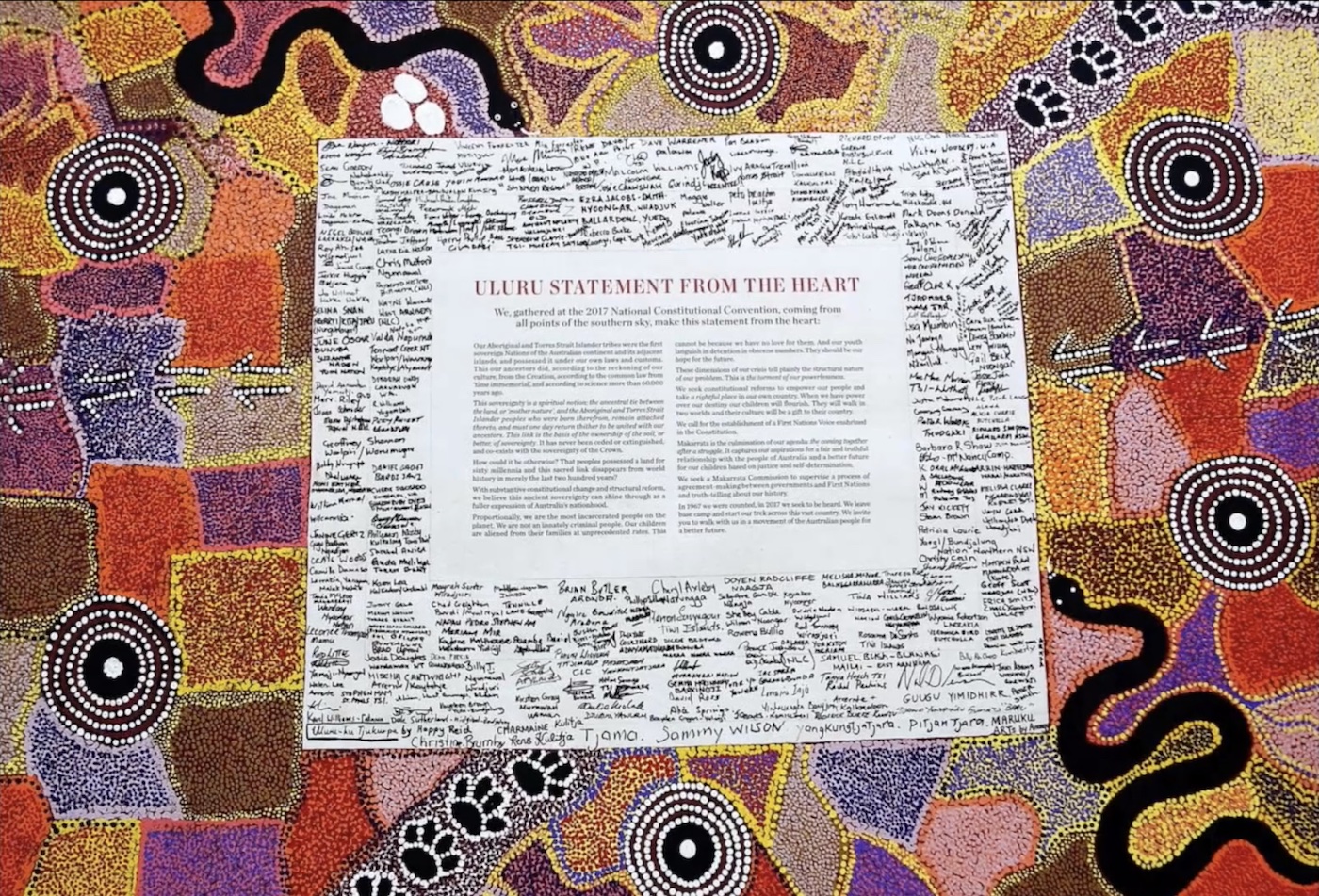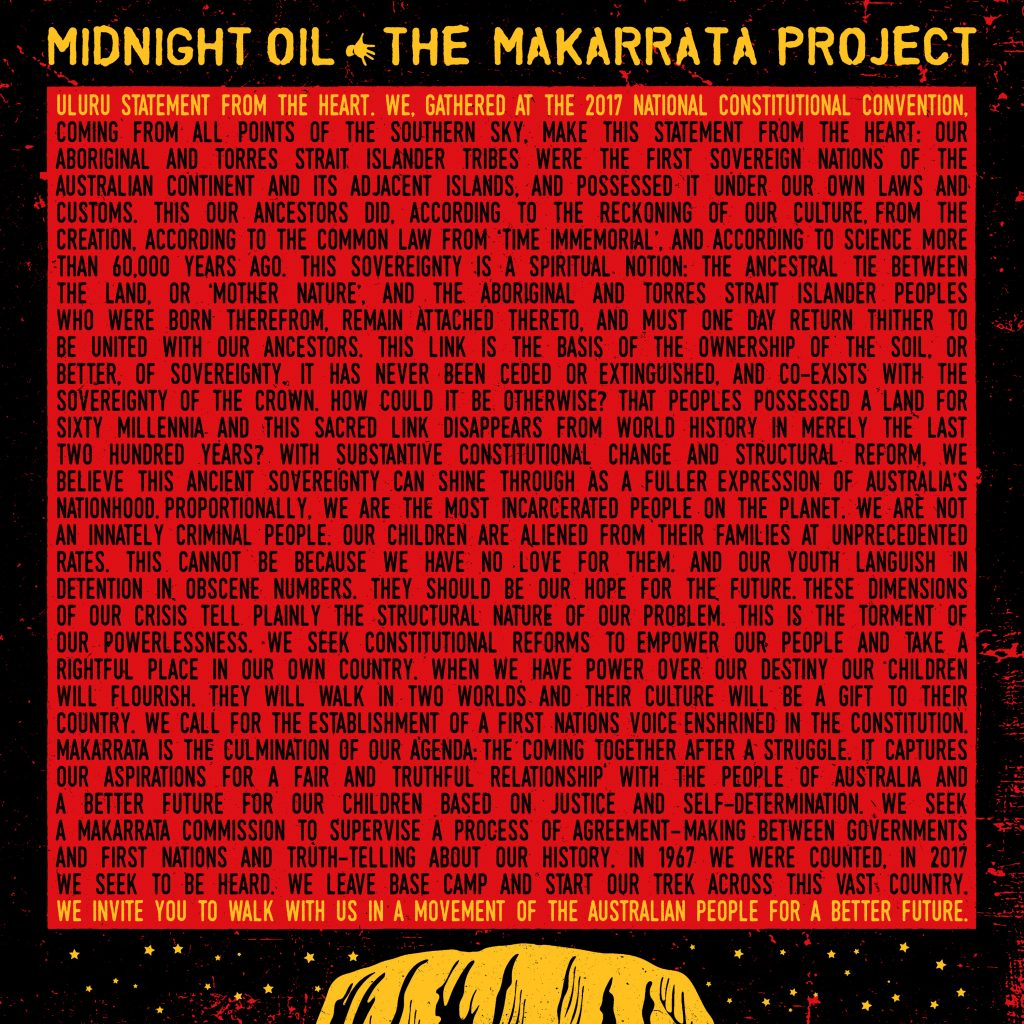Things have been a bit awry this year, with major disruptions to almost every one of our usual activities, and events have been cancelled and postponed, many to the hoped-for normality of 2021.
I wonder what the key words and terms from this year will be the ones that represent and encapsulate 2020.
NAIDOC Week 2020
We’ve just participated in the celebrations for NAIDOC Week, the annual national acknowledgement of Aboriginal and Torres Strait Islander culture, postponed from the first week in July.
It is a week to celebrate our culture and heritage, commemorate our history, unify our communities, and to share with the rest of the nation. NITV
The NAIDOC Week theme is carefully chosen to highlight political, social and cultural issues, and have included Treaty, Sacred Sites, the Tent Embassy, the Yirrkala Bark Petitions, Families, Respect, and Self-determination.
This year, the theme was ‘Always was, always will be’, and schools, communities, TV and radio stations, galleries and museums across the country held significant events, built around this theme.
Other significant events for Aboriginal and Torres Strait Islander peoples are happening across the country, so we can continue to support and work towards inclusive recognition of Australia’s 60 000 year history.
Statement from the Heart
The Uluru Statement from the Heart was developed and signed by the members of the First Nations National Constitutional Convention. It was released on 26 May 2017.
‘The statement … calls for a “First Nations Voice” in the Australian Constitution and a Makarrata Commission to supervise a process of “agreement-making” and truth-telling between the Australian Government and Aboriginal and Torres Strait Islander peoples.’
The Statement is considered to be a major piece of political writing.
‘Midnight Oil, the rock band known for some powerful political statements, has used the Uluru Statement from the Heart for their latest album, ‘Makarrata Project’, released in October 2020. The text of the statement is used on the cover.
Some background information is available here.
In the accompanying video, the words of the leaders are underscored with guitar … [while] artists …paint mural portraits of each leader.
Sydney Morning Herald Oct 31-Nov 1 2020 News p. 18
The video can be viewed here.
As with all written text, there are key words that help to guide the reader to see and understand the main message.
Some key words are highlighted in the video, and can be used to extend discussion around the text:
MAKE THIS STATEMENT FROM THE HEART
THIS OUR ANCESTORS DID, ACCORDING TO THE RECKONING OF OUR CULTURE
SHINE THROUGH
FULLER EXPRESSION OF AUSTRALIA’S NATIONHOOD
HOPE FOR OUR FUTURE
Different types of questions can be used as the words and meaning of the Statement are considered.
Examples:
- What does it mean, when someone speaks ‘from the heart’? What is the importance of the words ‘from the heart’ inn this statement?
- Why is attention drawn to ‘the reckoning of our culture’? Whose culture is being spoken of? What other reckoning might be used? How does a different reckoning change the result of that thinking?
- How do the words ‘shine through’ indicate a positive or negative meaning?
- How do the words ‘Australia’s nationhood’ indicate that the request for Makarrata is not focused on white occupancy and blame? What other words in the statement support this attitude?
- How is a sense of looking forward as a united country presented?
Students can work on other speeches that provide powerful directions for our future. Examine video and transcripts and collaboratively highlight elements of the text that hold particular significance.
Here is an example of another text that could be linked to the Uluru Statement, and some of the key words that could be discussed:
From Prime Minister Paul Keating’s Redfern Speech (Year for the World’s Indigenous People) – Delivered in Redfern Park on 10 December 1992
Key words and example questions
This is a fundamental test of our social goals and our national will: our ability to say to ourselves and the rest of the world that Australia is a first rate social democracy, that we are what we should be – truly the land of the fair go and the better chance.
There is no more basic test of how seriously we mean these things. It is a test of our self-knowledge. Of how well we know the land we live in. How well we know our history. How well we recognise the fact that, complex as our contemporary identity is, it cannot be separated from Aboriginal Australia. How well we know what Aboriginal Australians know about Australia.
- What do you think Mr Keating means by ‘we are what we should be’? Does it mean the same thing for everyone? What do your parents think it means?
- Does Mr Keating think it is a good thing to have a ‘test of our self-knowledge’?
- What things ‘cannot be separated from Aboriginal Australia’? Is this important to all Australians?
Further information and books to read with students
- Young Dark Emu: A Truer History by Bruce Pascoe, 2018 – Magabala Books







